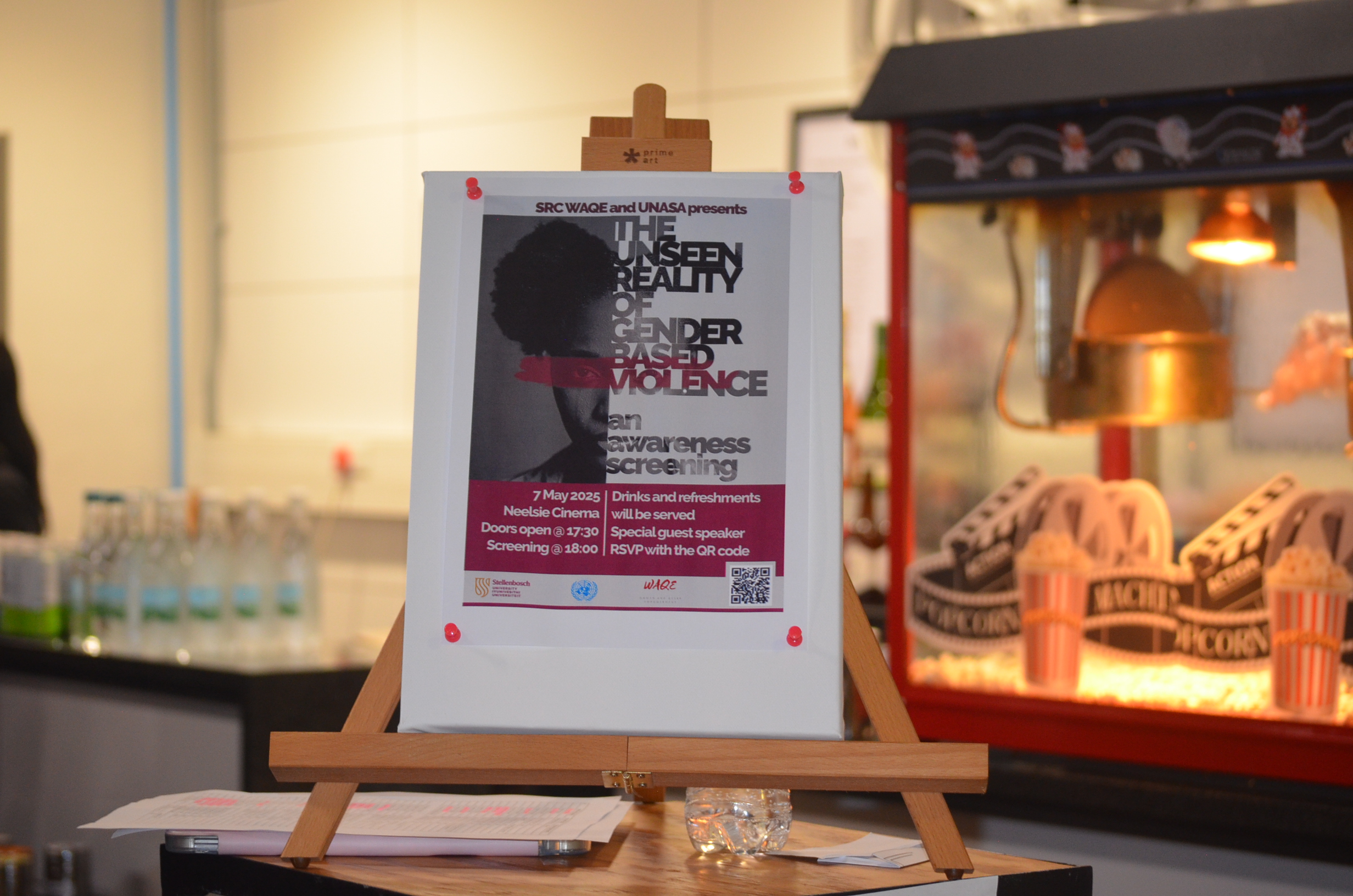SAARAH ABRAHAMS
We’re all guilty of having bad study habits, whether we’re aware of them or not.
With the long dreaded final examslooming over us, it is time we evaluateexactly how to get rid of them. Or pick up a few new things to try.
1. Silence your social media
The biggest distraction – socialmedia.
Turning off your social media for an entire week, let alone the entire exam duration, may not be realistic for a student. I mean, who could actually accomplish that?
But it would be in your best interests to limit checking your platforms before you sleep or during your study breaks.
However, be aware of the ‘just for a moment’ syndrome.
As most people know all too well, checking news headlines can lead to an entire afternoon of watching hilarious cat videos, tagging ourfriends in that’s-so-us memes and reading the latest who’s-dating-whogossip – procrastination at its A game.
2. Fuel your body by staying active and eating well
A car does not run on an empty tank, just like that your brain will not function well without adequate nutrition and exercise.
Just 20 minutes of cardio can improve your memory. Whether you’re dancing, jogging or busting a sweat by walking, exercise will increase your energy level and reduce the effects of stress.
You may be tempted to eat and drink foods with high levels of sugar, but the quick calories will ultimately leave you exhausted. Fuel your body with appropriate brain food: wholegrains, fresh vegetables, and leanproteins.
Final exams can be long, and you don’t want hunger or fatigue making you end your exam before you’re really finished – though I’m sure wewould all want it to be over as soonas possible!
3. Start studying early to avoid cramming
If you always start ahead ofschedule, you’ll never be cramming the night before an exam.
You’ll almost always performbetter in doing so, and you’ll feel betterprepared as the exam approaches.
Your studying will be moreeffective if you concentrate for a period of time, and then take short breaks.
Distributing learning over timetypically benefits long-term retention more than a short period and the lastthing you want is your mind goingblank mid-paper.
4. Avoid all-nighters and stay well- rested
Pulling an all-nighter is one ofthe worst things you can do (short of accidentally sleeping through your final).
Fatigued brains do not retain information, nor do they recall it well. All-nighters impair reasoningand memory for as long as four days.But that’s not all – you would then be forced to wake up earlier than expected, and that’s bad too.
One of the best things you can do the night before an exam is to get a full eight hours of sleep.
5. Prioritize your studying over other less important tasks
Some exams will be more difficult thanothers,someyoumayfindeasierto study for, while some may be worth more of your grades than others.
Make sure to evaluate all of your exams to consider and determine all of the factors involved so you can study accordingly and ignore everything thatdoesn’t have anything to do with the fate of your future.
Set your worries and nerves aside,and remember to stay on task, work hard, eat well, and make time to rest. Soon it will be over and you can begin the summer confident that your grades will reflect the work that youdid all semester long.
Photo: Saarah Abrahams



